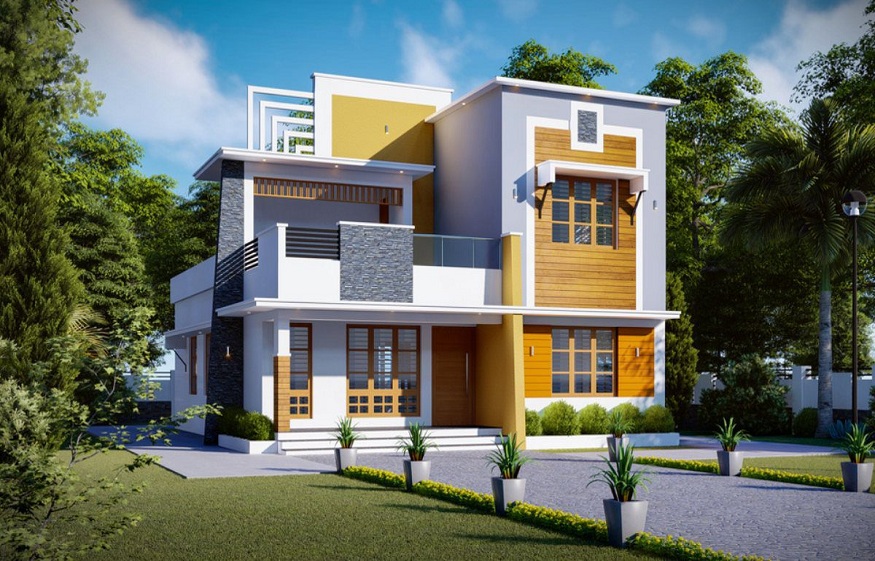Building a house is an ambitious project that requires careful planning and proper budget management. This article offers several recommendations to help you manage the expenses associated with your construction project.
1. Construction cost estimate
Before starting your project, it’s essential to conduct a comprehensive assessment of construction costs. This includes not only the purchase price of the land, but also the costs of connecting to water and electricity, notary fees , and administrative taxes. Typically, the land represents around 30% of the total budget, while the construction of the house itself accounts for around 60%.
Create a detailed list of expenses
For optimal management, it’s advisable to make a list of all potential expenses. This may include the cost of materials, fees for various professionals (architect, project manager), and unforeseen expenses. By including a 10 to 15% margin for contingencies, you can protect yourself against potential budget overruns.
2. Daily budget monitoring
Regularly tracking your expenses is essential for staying within your budget. Using an Excel spreadsheet or a budgeting app will allow you to keep track of each expense line item. This makes it easier to visualize costs and helps you adjust your choices if necessary.
Prioritize spending
It’s also important to prioritize your expenses. Identify the items that represent the biggest investment and make sure they’re well-funded. For example, the quality of building materials will impact the durability of your home, so it may be wise to prioritize them.
3. Call on professionals
Hiring experienced construction professionals can help you avoid costly mistakes. An architect or project manager can advise you on the most suitable materials and construction techniques that optimize value for money.
4. Compare quotes
For each stage of construction, request multiple quotes from different service providers. This will not only help you find the best deals, but also give you a better understanding of the costs associated with each service. Don’t limit yourself to just one quote; comparison shopping is the key to saving money.
5. Anticipate hidden costs
When building a house, there are often hidden costs that can easily cause you to go over budget. Remember to check local regulations regarding building permits, as penalties can result in additional fees. Similarly, a sloping site or one with difficult access may require special development, increasing construction costs.
Take into account the exterior layout
Don’t forget to budget for landscaping. Gardening, fencing, and walkways are often overlooked but can represent a significant portion of your budget. Create a budget for these expenses to avoid surprises at the end of your project.
Discover our tips for establishing an effective budget for building your home. Learn how to anticipate costs, avoid unexpected expenses, and optimize your spending while carrying out your real estate project.
Managing your budget when building a house
When building a house, budget management is a crucial step that requires special attention. Before you begin, it’s essential to clearly define your budget , including all costs related to the project. Typically, land costs represent about 30% of your total budget, while construction costs generate about 60%. It’s therefore essential to understand these allocations so as not to be caught short during the project.

